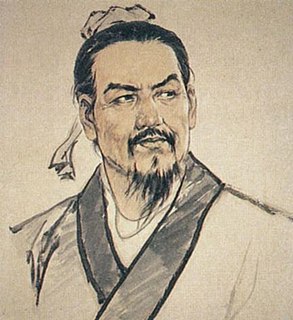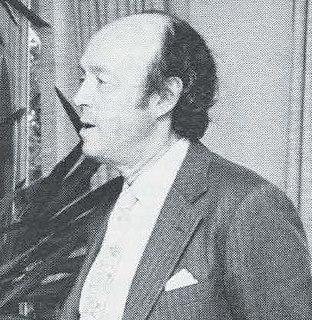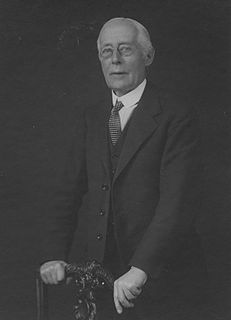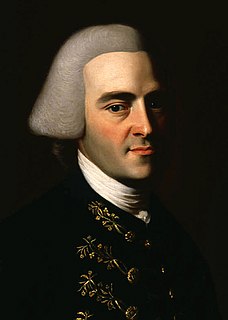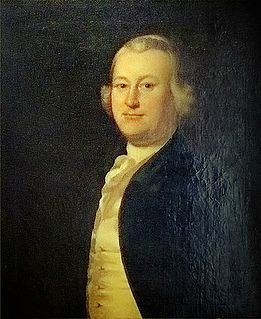A Quote by Edmund Burke
Law and arbitrary power are at eternal enmity.
Related Quotes
The power of discretionary disqualification by one law of Parliament, and the necessity of paying every debt of the Civil List by another law of Parliament, if suffered to pass unnoticed, must establish such a fund of rewards and terrors as will make Parliament the best appendage and support of arbitrary power that ever was invented by the wit of man.
King is a title which translated into several languages, signifies a magistrate with as many different degrees of power as there are kingdoms in the world, and he can have no power but what is given him by law; yea, even the supreme or legislative power is bound by the rules of equity, to govern by laws enacted, and published in due form; for what is not legal is arbitrary.
Justice is immortal, eternal, and immutable, like God Himself; and the development of law is only then a progress when it is directed towards those principles which like Him, are eternal; and whenever prejudice or error succeeds in establishing in customary law any doctrine contrary to eternal justice.
And I take this opportunity to declare, that... I will to my dying day oppose with all the powers and faculties God has given me, all such instruments of slavery on the one hand, and villainy on the other, as this writ of assistance is. It appears to me the worst instrument of arbitrary power, - the most destructive of English liberty and the fundamental principles of law, that ever was found in an English law book.
Through the infinite Atonement, God has provided a means whereby we can both overcome our sins and become completely clean again. This is made possible by the eternal law of mercy. Mercy satisfies the claims of justice through our repentance and the power of the Atonement. Without the power of the Atonement and our complete repentance, we are subject to the law of justice.



